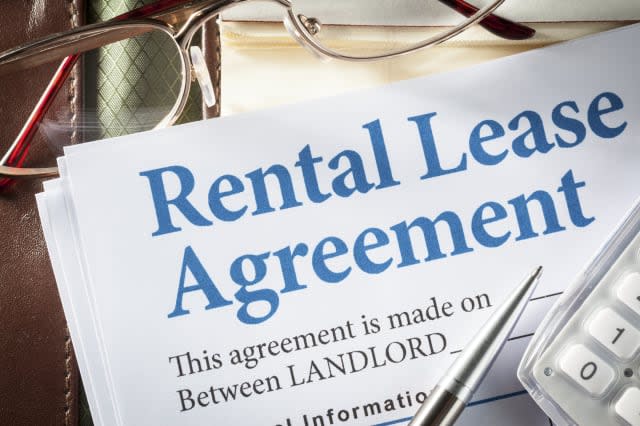Budget 2015 brings buy-to-let nightmare

Buy-to-let investors have been left reeling by news in the Budget that a tax relief worth £14 billion to British buy-to-let landlords is set for the chop. George Osborne announced that as part of a plan to 'level the playing field' between first time buyers and professional investors, many landlords will no longer be able to offset all of their mortgage interest against their tax bill.
At the moment, investors pay tax on the income they get from buy-to-let properties, but they can subtract a number of things from their rental income first - including the cost of any interest payments on their mortgage. If they pay tax at 40%, they therefore get 40% tax relief on their mortgage interest. In future this tax relief will be limited to basic rate tax.
The change was positioned as a boon for first-time-buyers who now compete for properties with people facing the same mortgage pressures as they do. Lucian Cook, head of Savills UK residential research says: "This is likely to provide some comfort to younger generations of aspiring homeowners"
The cost
However, it means that a number of buy-to-let investors will end up with higher tax bills. Jonathan Hopper, managing director of Garrington Property Finders warns: "The Chancellor has just delivered what could be a knockout blow to many 'would-be landlords'. It could also create a panic amongst existing landlords, who may rely on the rental income from their property portfolios to top up their savings and cover day to day living costs."
Osborne admitted that he was aware that a large number of buy-to-let investors have worked hard and saved carefully to afford this investment, and he didn't want to shock them with the change, so it will be implemented in four years' time. It gives them chance to plan how they will make up the shortfall in their budget.
%VIRTUAL-ArticleSidebar-tax%
The impact
The impact on landlords and tenants will ultimately depend on what landlords decide to do as a result of the changes
Jane Guaschi, Business Manager at Direct Line for Business warns: "The reduction of mortgage tax relief for owners of buy-to-let properties will have a significant impact on the income generated by landlords across the country. It may see landlords forced to increase rents for tenants."
Jonathan Samuels, CEO of Dragonfly Property Finance admits this is possible, saying: "There are concerns that landlords will simply bump up rents to cover the hit. This may well happen in some cases but market forces and the rents people are prepared to pay are likely to offer a degree of resistance."
There's also the concern that some people will not be able to balance the books without this tax relief, and will be forced to sell. Meanwhile others will decide to spend less maintaining their properties lowering the standard of living for private tenants. Hopper warns: "At a time when rents are rising and the country is crying out for an increase in good quality rental accommodation, the timing of this policy seems questionable and ill-thought out."
However, the experts have already started pointing out that there are ways around the changes. James Hender, partner and head of the private wealth group at Saffery Champness, says: "Couples looking to buy properties as long term investments may now be considering the lower earner as the owner going forward."
Samuels concludes: "The buy-to-let market is part of the fabric of UK society, but at the same time so is home-ownership. It is a tough balancing act and only time will tell if the Chancellor has got it right." If he hasn't, then buy-to-let investors stand to pay a high price for Osborne's experiment.
Budget stories on AOL Money
Budget 2015: what it means for you
Budget 2015: key points
Budget 2015: winners and losers





